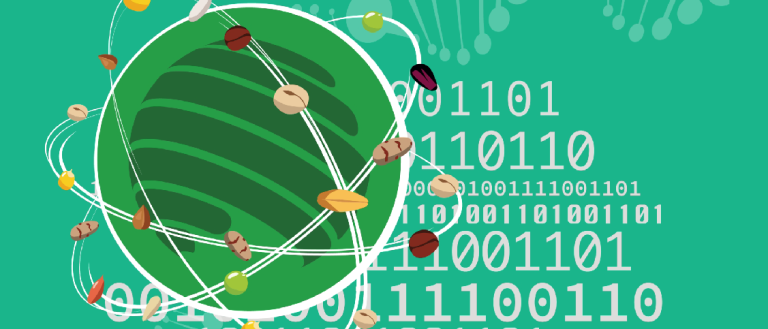
Seed Treaty’s MLS enhancement package risks legitimizing biopiracy and inequity
For some times now, the International Treaty on Plant Genetic Resources for Food and Agriculture is discussing an expansion of its scope to all plant genetic resources for food and agriculture. Many stakeholders and observers are fearing this would end up in legitimizing biopiracy. As the next meeting will occur in Lima (Peru) starting in November, the 24th, Inf’OGM publishes the analysis of Nithin Ramakrishnan, from Third World Network, one of the stakeholders of this meeting.

“Microorganism”: uncertainty in wording as a legislative strategy?
When reading legislation, one sometimes finds oneself thinking that it is a good thing that legislators are not responsible for editing the dictionaries in our libraries. The specific case of the term “microorganism” provides a striking example. Behind this term lie biological entities whose contours vary according to the regulatory texts. Bacteria, yeasts, algae, nematodes, even DNA or seeds: these are just some of the examples given by various regulatory texts, which show that the legislative definition of “microorganisms” has constantly varied according to economic interests. What do these texts have in common? They all can blur the traceability requirements imposed by GMO legislation.
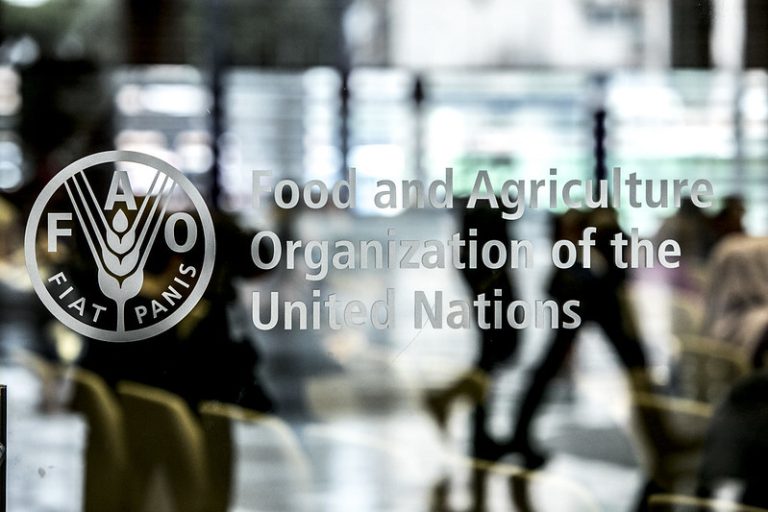
Deadlock on digital sequencing information within the ITPGRFA
New negotiations on digital sequencing information within the framework of the ITPGRFA are reigniting tensions between “developing” and “developed” countries. The latter are imposing guidelines that weaken the claims of the other side and strengthen their control over plant genetic resources. Their weapon? Maintaining “free access” to digital sequencing information and parallel and optional benefit sharing, as agreed by the Convention on Biological Diversity.
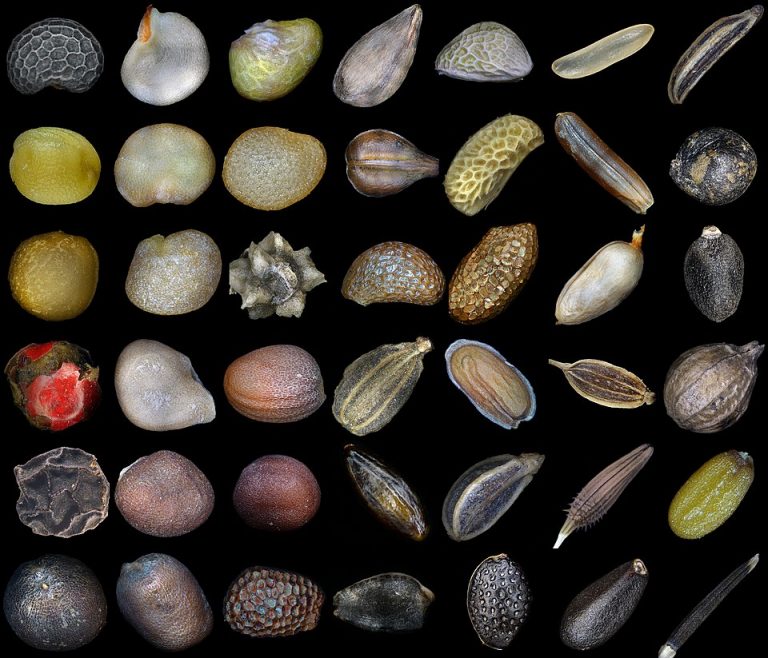
The ITPGR is working on a controversial reform
At the beginning of April, the Tirpaa again discussed the expansion of the list of crops covered by the multilateral system and the revision of the contract governing their use. While some Member States of the Treaty are invoking the need to guarantee global food security, fears are being voiced that there will be a drift in widespread access to peasant and traditional seeds. This would facilitate their patenting, without any real sharing of the benefits, to the detriment of the countries of the “South” and the rights of the peasants.
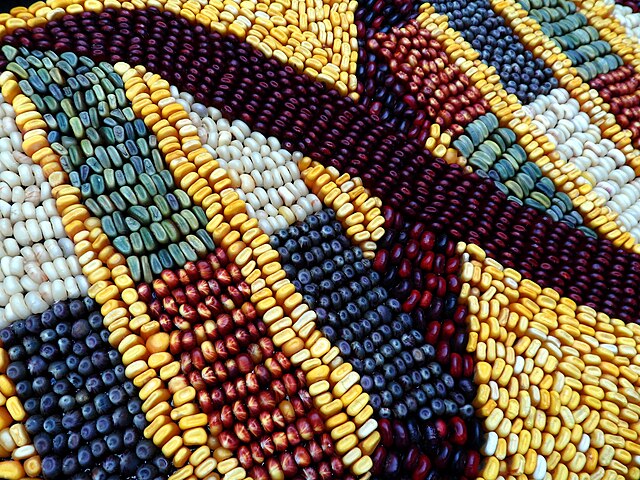
Despite negotiations in 2024, disagreements over DSI persist
In 2024, digital sequence information (DSI) derived from genetic resources was at the heart of international negotiations. Discussions focused mainly on the sharing of the benefits generated by the industrial and commercial use of this DSI, and the mechanisms required to implement it. These developments could redefine governance and influence the future regulation of DSI, but persistent differences between countries are holding back progress.
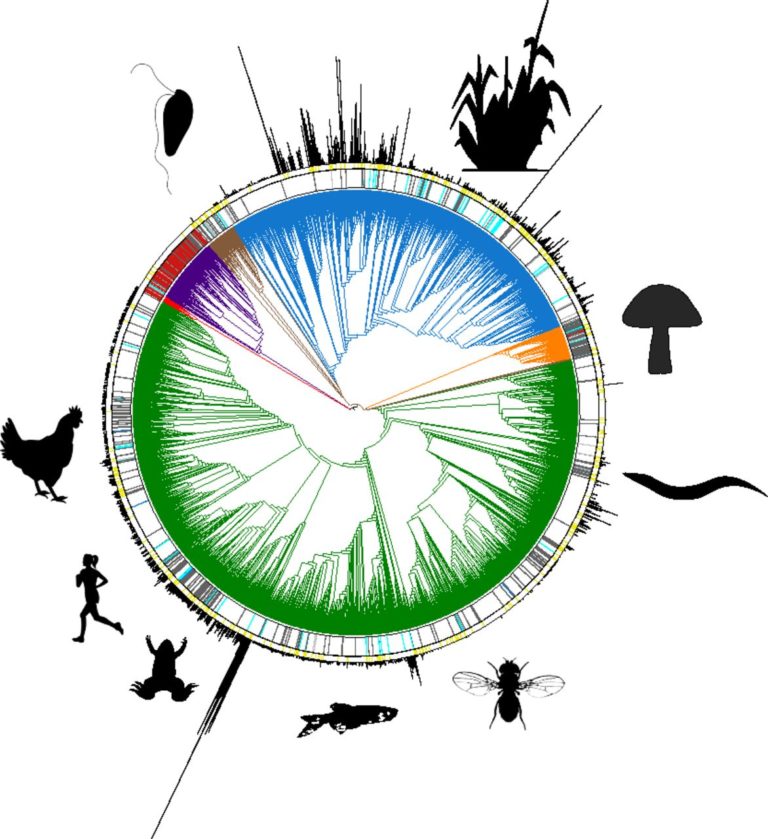
The genome of 1.8 million species is being sequenced
Can biological diversity escape any risk of biopiracy when part of it is digitised in computers? The answer depends on ongoing negotiations within international bodies. In the meantime, an international project to sequence the genome of all known eukaryotic species is making progress. Financed indirectly by players in the IT and artificial intelligence fields, this project even hopes to be able to bypass certain rules thanks to more powerful working tools.
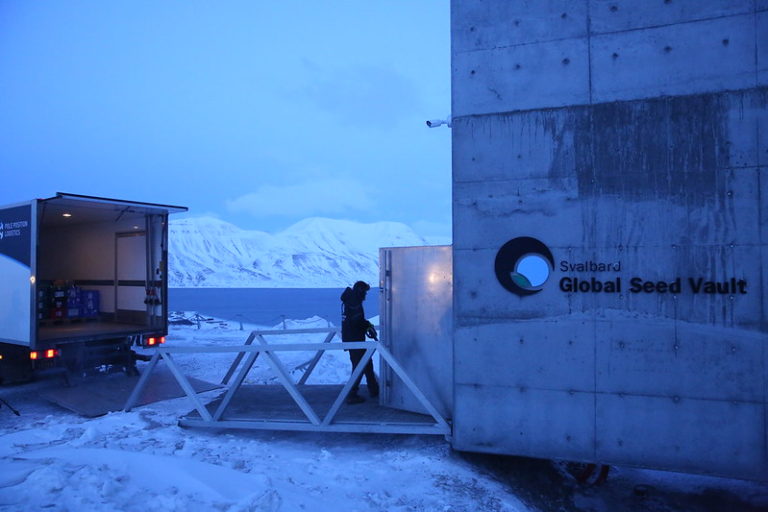
Pro-GMO multinationals indirectly manage the Svalbard seed bank
The Svalbard Global Seed Vault (Svalbard, Norway), often nicknamed the “seed vault”, plays a special role in preserving genetic biodiversity. Its main mission, focused on the long-term conservation of seed samples, is officially to preserve the diversity of plant genetic resources and ensure their accessibility in the event of disasters. However, a closer look at how it works reveals the considerable influence and interests of pro-GMO players in its governance. Who will really benefit from Svalbard, the multinationals or the farmers?
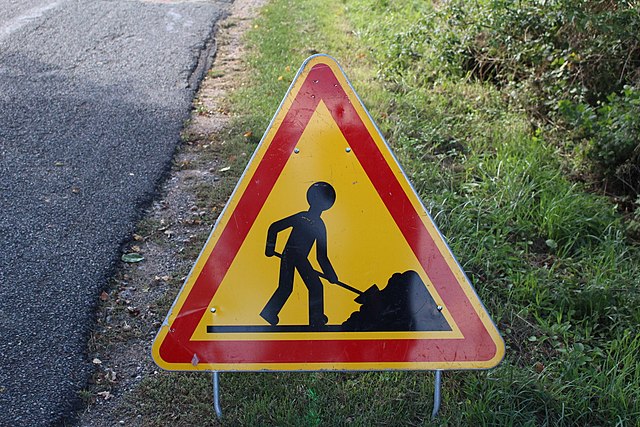
The European Commission’s legal initiatives on the Living
In less than a year and a half, from May 3, 2022 to October 12, 2023, the previous European Commission has launched a number of legislative initiatives concerning the Living. The deregulation of GMOs, the digitization of living organisms and even patents are just some of the issues on the table of member states and the European Parliament. If adopted, these projects will make it easier for companies with substantial financial, human and technical resources to take ownership of the Living. These initiatives do echo current international negotiations.
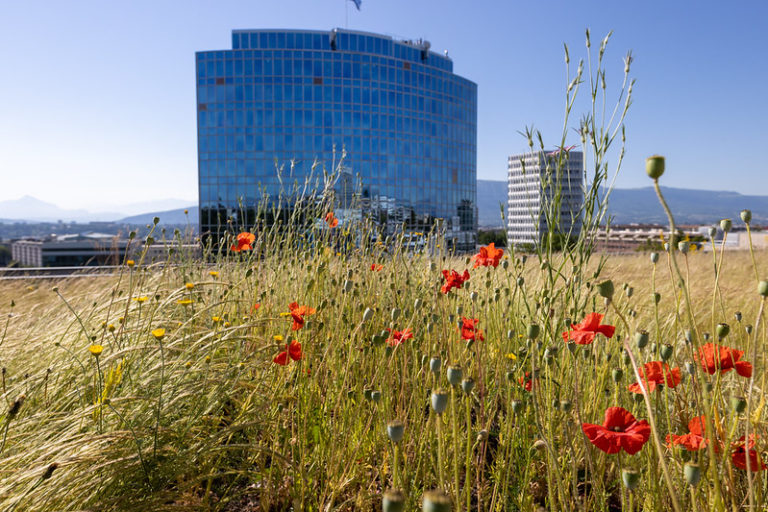
WIPO opens more widely the door to biopiracy
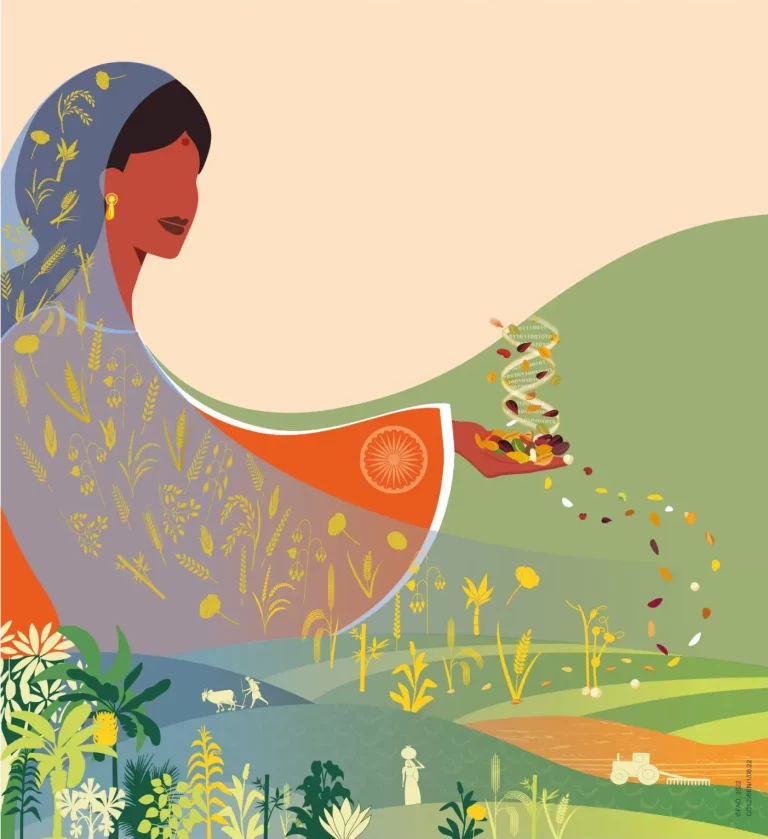
Interconnections between new biotechnologies and DSI or GSD
What are the links between new techniques of genetic modification, digitization of genetic sequences information and patents? Inf’OGM publishes here an analysis presented in June 2024 at a regional workshop organized by the African Center for Biodiversity, in Durban (South Africa). It was written by Guy Kastler, representative of the international farmers’ organization La Via Campesina at various ITPGRFA and CBD meetings.
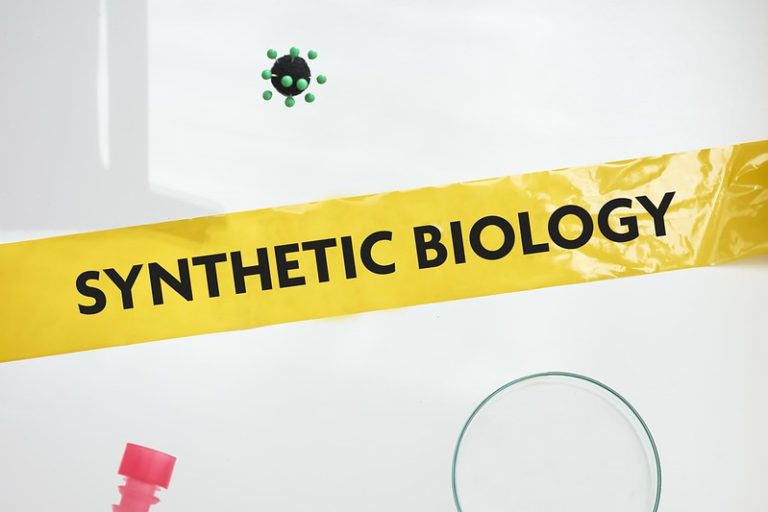
Synthetic Biology, talks are involving GMOs
For the past fifteen years, governments have been discussing “synthetic biology” on an international level. If to date, an “operational” definition exists, the outlines of this field remain hard to draw. Are talks of “synthetic biology” simply a change of semantics, or a genuinely new frontier of the biotechnology field? For the moment, examples of organisms or molecules obtained by synthetic biology are accumulating: unnatural proteins, GMO plants, GMO bacteria, recreated viruses, modification of living organisms directly in the environment, GMO insects, xenobacteria…
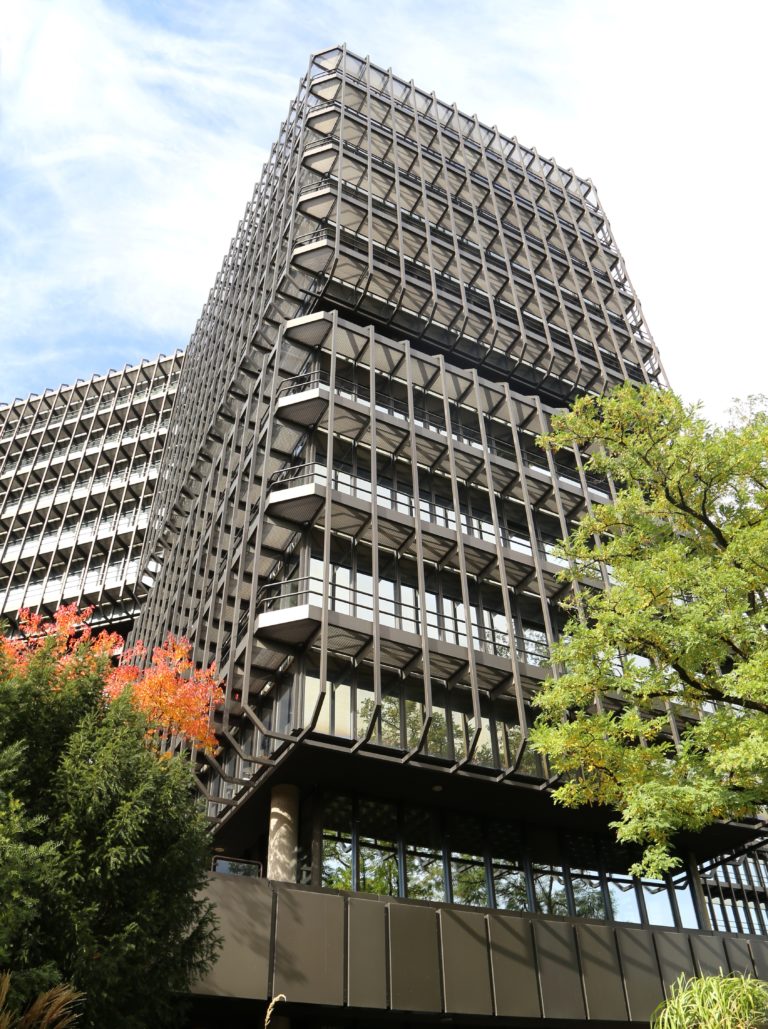
Journal

